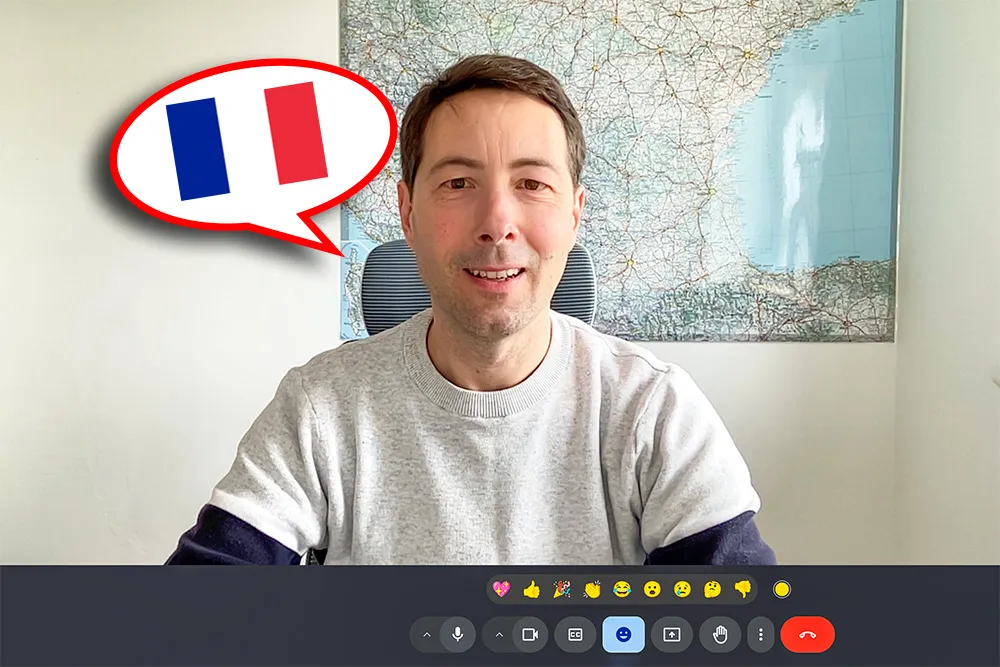When I was living in Australia, I often found myself saying, La France me manque — I miss France.
It was one of those little French sentences I repeated over and over, but it made me realise something funny:
For English speakers, the French verb manquer works in reverse.
If you’re an English speaker travelling in France, or just learning French, you need to watch out:
This is a classic French-English mind trap that trips up even seasoned learners.
🧩 The core problem: English and French do it backwards
In English, it’s straightforward:
I miss you.
She misses me.
The subject is the person feeling the emotion.
Simple, right?
But in French, the one who is missed becomes the subject.
Suddenly, everything flips.
🏗 How it works in French
| English → French |
|---|
| I miss you → Tu me manques |
| You miss me → Je te manque |
| I miss her → Elle me manque |
| She misses me → Je lui manque |
Notice: it’s not me missing you.
It’s you missing from me.
So the person or thing you miss is the grammatical subject.
✈️ Traveller’s survival tip
Imagine you’re back home, texting your French host:
“I miss you already!”
⚠️ Don’t say Je te manque déjà — that means You already miss me.
✅ Say Tu me manques déjà — I already miss you.
Or, thinking of France:
I miss France → La France me manque.
I miss the croissants → Les croissants me manquent. (you will miss them, trust me!)
🎒 Essential phrases to know
✅ Tu me manques. → I miss you.
✅ Je te manque ? → Do you miss me?
✅ La France me manque. → I miss France.
✅ Les vacances me manquent. → I miss the holidays.
✅ Ça me manque. → I miss that / I miss it.
Romantic bonus:
Ton sourire me manque. → I miss your smile.
Tu vas me manquer. → I will miss you.
🤔 Why is this so confusing for English speakers?
Because English starts with who feels the emotion.
French starts with what’s missing.
So instead of thinking, “I miss her,” flip it to:
“She is missing from me” → Elle me manque.
It’s a little shift in perspective — very French, very poetic… and very easy to mess up.
🏞 Quick recap for the road
| English | French |
|---|---|
| I miss you | Tu me manques |
| You miss me | Je te manque |
| I miss Paris | Paris me manque |
| I will miss you | Tu vas me manquer |
| Do you miss me? | Est-ce que je te manque ? |
🌟 Top travel tip
If you’re unsure, just remember:
The subject is the thing or person you’re missing.
You are the one left behind, saying me, te, or lui.



